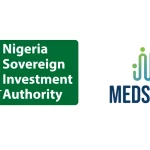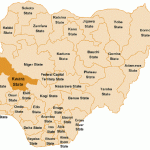Technology
MTN Executive to Resign Amid Issues with Nigerian Govt
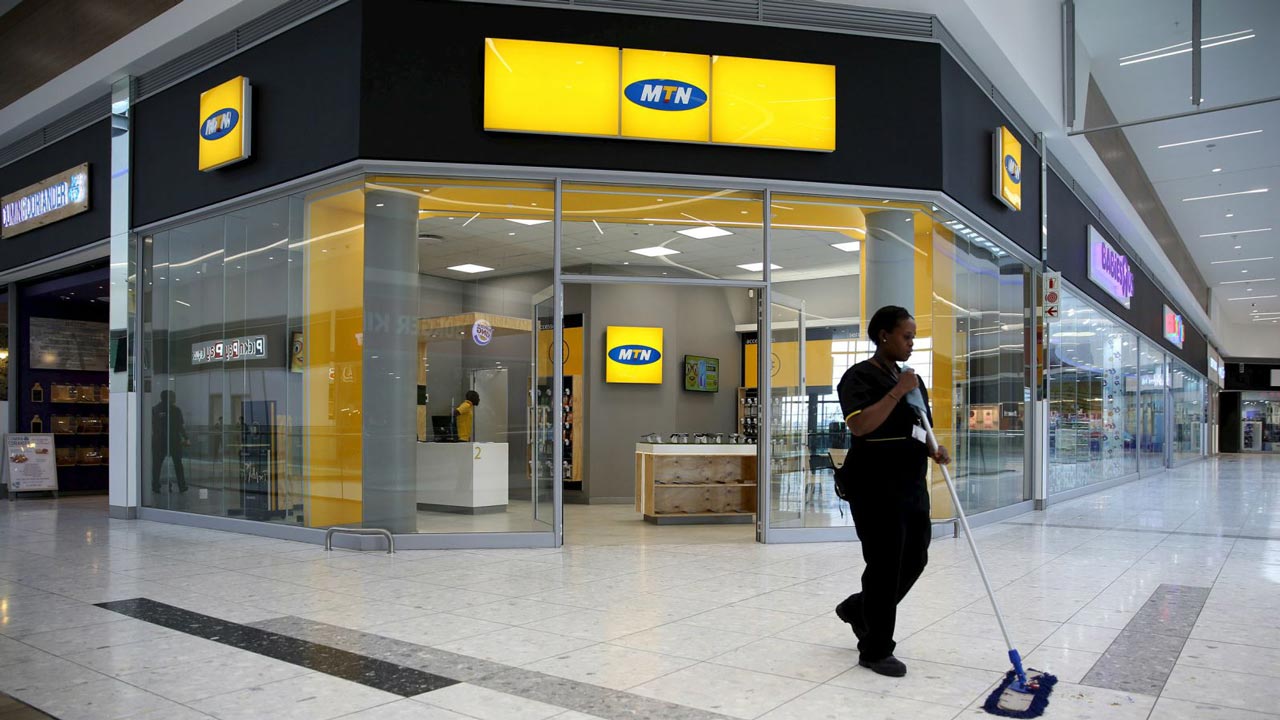
By Dipo Olowookere
There are strong indications that some executives of MTN Group will exit the telecom firm in the next few months as the company battles to resolve its issues with the Nigerian government over the reparation and payment of tax claims worth $10.1 billion.
Bloomberg said quoted people familiar with the matter as saying the Chief Innovation Officer of MTN, Mr Herman Singh, is expected to resign to establish his own tech venture.
If this eventually happens, the exit of Mr Singh will come as Chief Technology Officer Babak Fouladi prepares to join Dutch telecommunications firm, KPN NV, in a similar role next week.
MTN confirmed Fouladi’s departure, which was announced by Rotterdam-based KPN earlier this month. Singh declined to comment.
The executives are leaving after a three-year period of considerable turmoil at MTN. A shock $5.2 billion fine in Nigeria in 2015 embroiled MTN in 10 months of negotiations and prompted a management overhaul. Then earlier this year, authorities in the West African nation announced another round of multi-billion-dollar demands.
The stock has halved over the period, valuing the carrier at 169 billion rand ($12.2 billion). That’s even as demand for data services in Africa booms and MTN expands in fast-growing services such as mobile money. The company agreed to a partnership with Orange SA last week to ease payments across the continent.
The shares declined a further 2 percent on Tuesday to 88 rand as of 1.13 p.m. in Johannesburg, the steepest fall in a week.
MTN Chief Executive Officer Rob Shuter was hired from Vodafone Group Plc two years ago in the wake of the first Nigeria penalty, which was eventually settled for about $1 billion. Fouladi was lured from the same company later that year. Singh, formerly with MTN’s crosstown rival Vodacom Group Ltd., was appointed in 2015.
Another high-ranking executive, Stephen Van Coller, left MTN at the end of August to take the helm of technology firm EOH Holdings Ltd. Originally hired as head of mergers and acquisitions, the former investment banker was moved to run digital services before quitting less than two years into his tenure.
MTN’s latest dispute with Nigerian authorities is over an allegation the company illegally transferred $8.1 billion out of the country and owes $2 billion in back taxes. While the transaction matter looks close to being wrapped up, with Central Bank Governor Godwin Emefiele saying he’s on “the verge” of announcing an amicable resolution, the taxation claim is still outstanding.
Other headaches for MTN include problems extracting cash from Iran, its third-biggest market, after U.S. President Donald Trump reinstated sanctions against the country. The carrier has also come under pressure to list country units on local stock exchanges, with Uganda the latest to link a share sale to license renewals.
Technology
Entries Open for 2026 Google for Startups Accelerator Africa
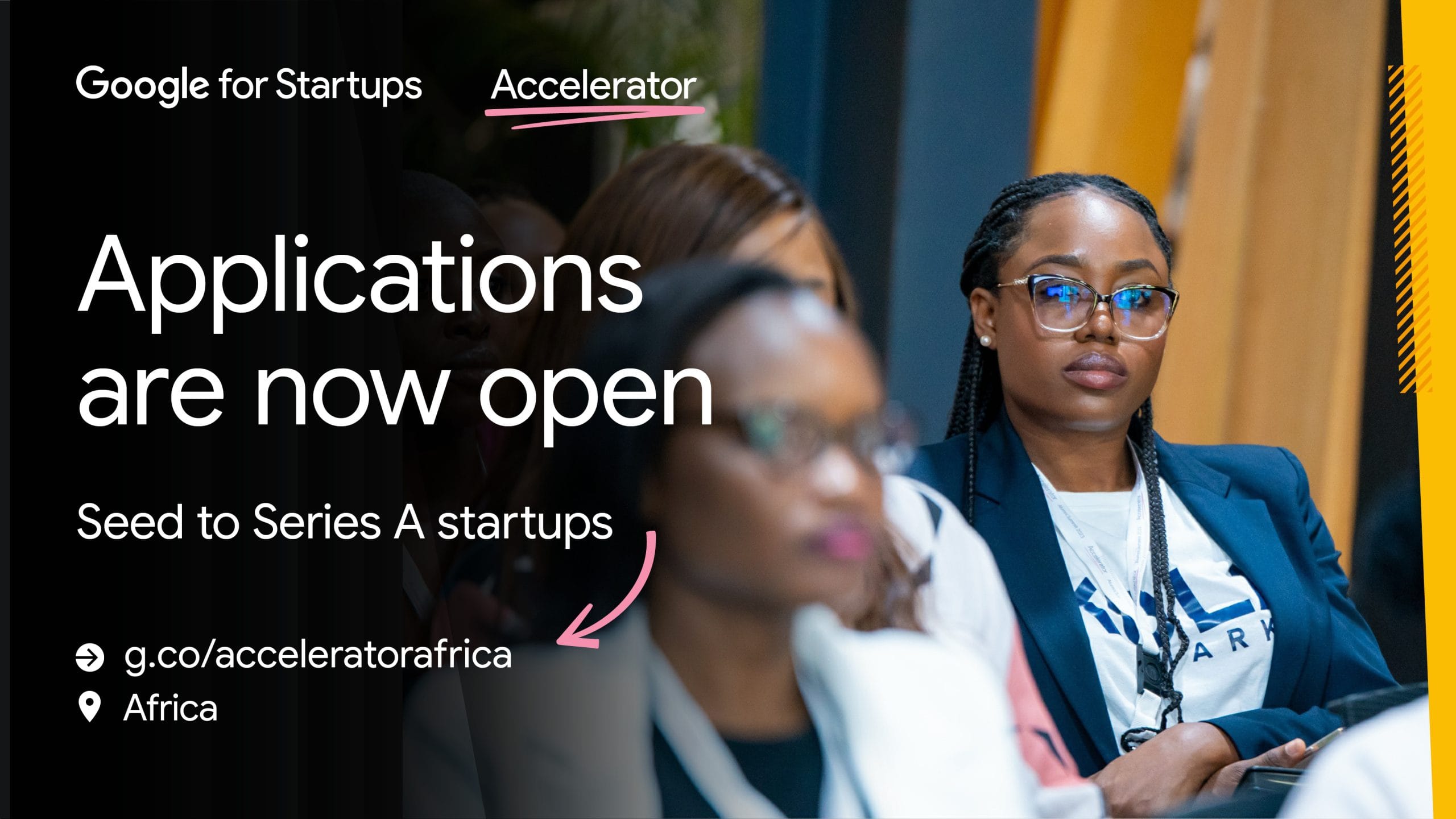
By Aduragbemi Omiyale
Applications for a 12-week AI First hybrid programme, designed for Series A startups based in Africa or building Africa-centric solutions with AI and machine learning, have opened at g.co/acceleratorafrica.
This is an initiative of Google and it reenforces the tech giant’s commitment to accelerating AI-driven scientific and technological breakthroughs across the continent.
The programme, known as the Google for Startups Accelerator Africa, is in its 10th edition in 2026 and it is targeted as AI-driven scientific breakthroughs.
Entries for the cohort began today, Thursday, February 5, 2026, and will close on Wednesday, March 18, 2026, with the hybrid programme starting in April 2026 for 12 weeks.
A statement from the organisers disclosed that participants will benefit from access to Google’s AI expertise and technical resources, alongside mentorship from seasoned AI professionals and invaluable networking opportunities.
Since its inception in 2018, the Google for Startups Accelerator: Africa program has supported 180+ startups from 17 African countries. Collectively, these startups have raised over $350 million in funding and created more than 3,700 direct job opportunities in the region.
“Africa’s tech landscape is seeing a vibrant shift toward deep-tech innovation. For Class 10, we are focusing on the potential of AI to drive health and societal benefits, providing the infrastructure and expertise to turn these startups into the research labs of the continent,” the Head of Startup Ecosystem for Africa, Folarin Aiyegbusi.
Technology
Elumelu-backed Redtech Plans $100m Raise as Transactions Double to N30trn
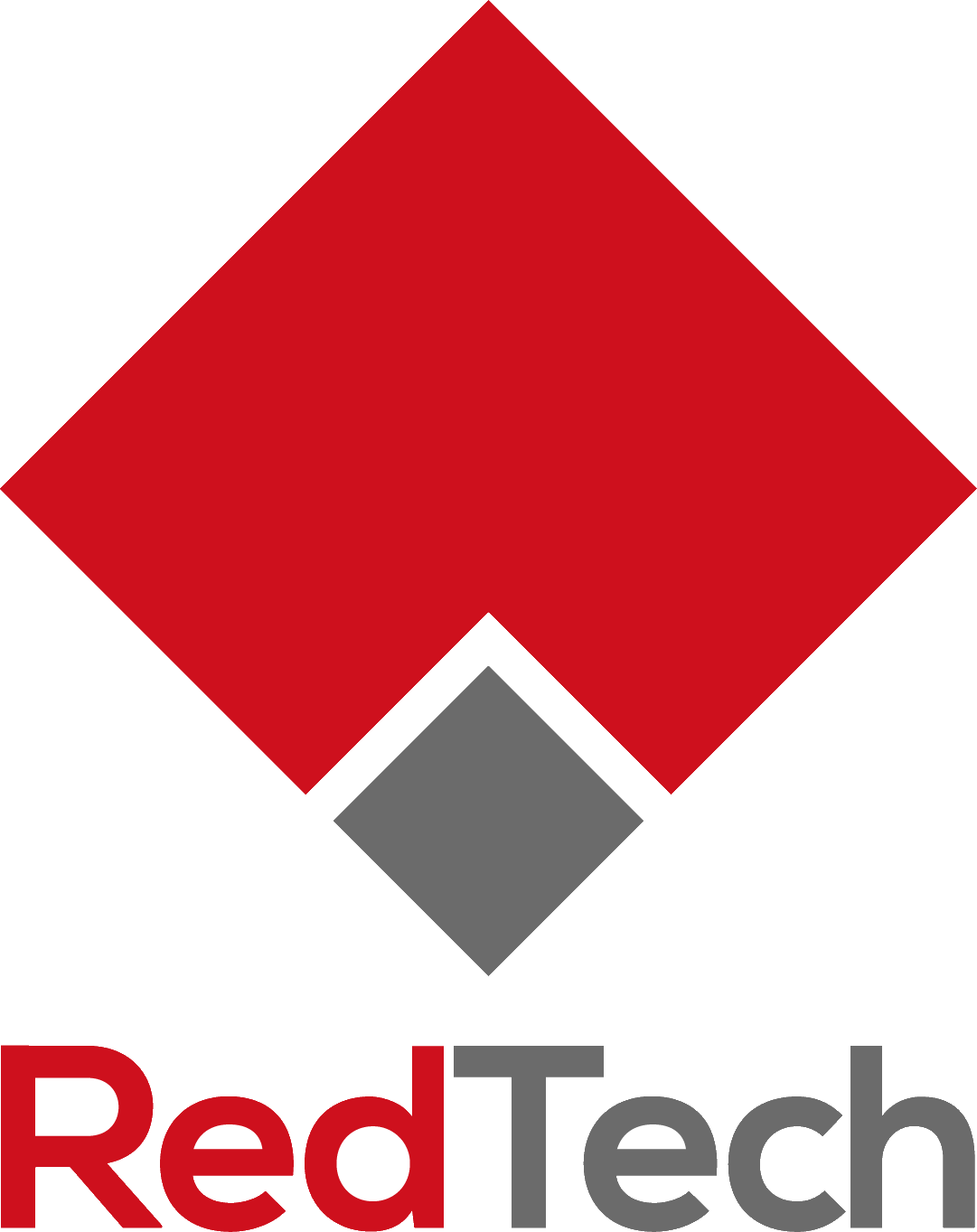
By Adedapo Adesanya
Redtech Limited, a Nigerian financial-technology company backed by Nigerian businessman, Mr Tony Elumelu, is considering to raise about $100 million in the next two years to expand its footprints across Africa.
This comes as it announced processing N30 trillion ($20.6 billion) in total transactions over the 2025 financial year, over 100 per cent more than the N12 trillion achieved in 2024, placing the company among the highest-volume processors in Nigeria.
The milestone was driven by strong growth across its payment platform, RedPay – including POS network, merchant collections, and digital payment channels.
According to the firm’s chief executive, Mr Emmanuel Ojo, the milestone marks a decisive shift from capability building to operating at national scale, reflecting sustained trust in Redtech’s infrastructure under high-volume conditions, alongside consistent adoption across sectors.
“This milestone reflects trust from businesses that rely on us to collect and move money at scale, and from partners who expect reliability every single day. We have built Redtech around durability, strong governance, and regularity alignment, so SMEs, enterprises, and regulated clients can grow on our rails without worrying about downtime or friction. With that foundation in place, we are ready to take this approach into more African markets,” he said.
According to a statement, the firm’s transaction volumes have been driven by a mix of SMEs, enterprise customers, and financial institutions across retail, hospitality, insurance, energy, public-sector-linked services, and banking. This highlights Redtech’s ability to support complex transaction flows, including batch processing, reconciliations, and always-on uptime across different sectors.
Redtech plans to expand beyond Nigeria into 29 African countries by January 2027, building towards an Africa-wide payments capability that can support businesses operating across borders, sectors, and payment types.
The company will then consider the Series A funding round, Mr Ojo told Bloomberg.
The startup has so far deployed more than 30,000 point of sale devices and started a payment gateway which helps businesses move money at scale through secure, reliable, and scalable systems that reduce payment failures, downtime, and reconciliation failures while meeting the compliance needs of enterprises and regulated sectors.
Technology
Innovators Lighten up Interswitch Innovation Product Demo Day
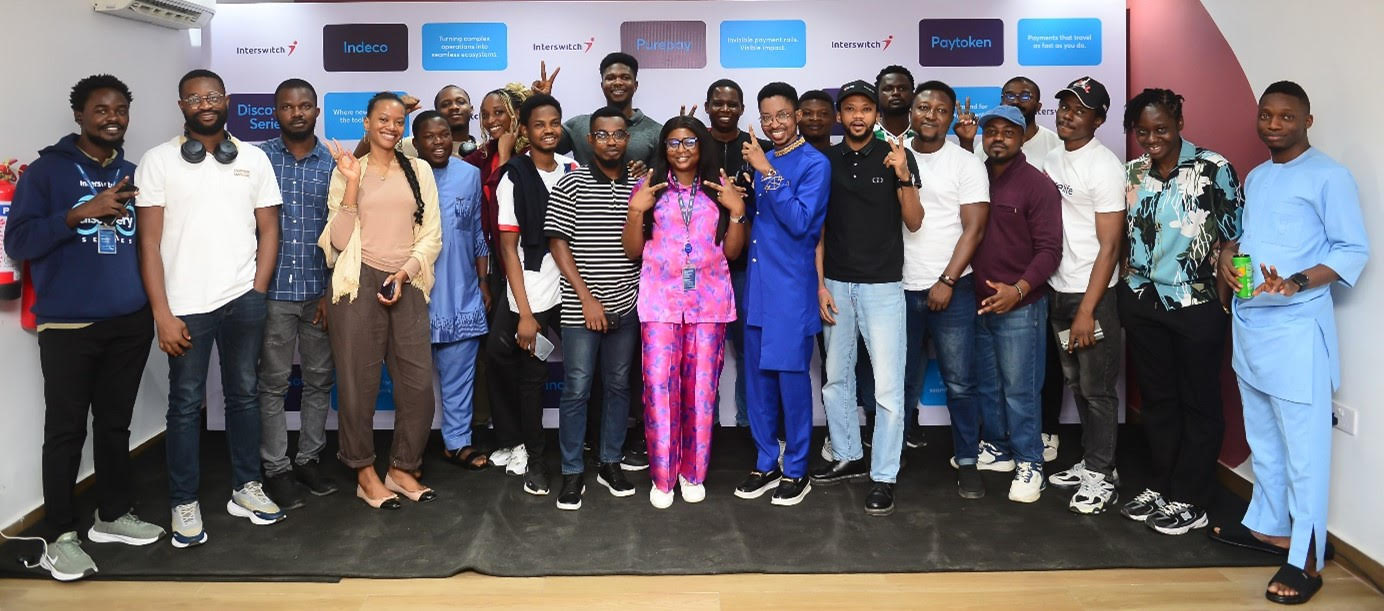
By Modupe Gbadeyanka
From Wednesday, January 28 to Friday, January 30, 2026, several experienced and budding innovators were at the inaugural Innovation Product Demo Day put together by one of Africa’s leading integrated payments and digital commerce companies, Interswitch.
The event was organized as a celebration of ingenuity and a catalyst for collaboration, as well as the company’s renewed commitment to building scalable digital solutions and infrastructure that power Africa’s evolving digital economy.
The programme brought together product managers, software engineers, and developers from across the Interswitch ecosystem, alongside student innovators from select tertiary institutions, to spotlight ideas, experiments, and early-stage solutions shaping the company’s next frontier of growth.
They all converged on the Interswitch Innovation Lab Co-Working Space in Lagos. The firm used the occasion to showcase how innovation is built at Interswitch, through structured experimentation, rapid iteration, and cross-functional collaboration.
Over the course of three days, teams unveiled a wide range of working prototypes, new product features, and emerging concepts, engaging in open dialogue that encouraged idea exchange, integration opportunities, and customer-centric problem solving.
The event also featured student innovators from Landmark University and Redeemer’s University, who presented solutions developed through the Interswitch Discovery Series, an initiative designed to nurture future-ready technical talent and strengthen Africa’s innovation pipeline. The students showcased products built from the skills and insights gained through the programme, underscoring Interswitch’s long-term investment in talent development and ecosystem sustainability.
Each presentation opened the floor for robust discussion, with participants offering feedback, asking critical questions, and sharing perspectives on how solutions could be refined, strengthened, and scaled. This collaborative environment reinforced Interswitch’s approach to innovation as a continuous learning process, grounded in execution, accountability, and real-world impact.
“The Interswitch Product Demo Day is more than a showcase. It’s a space where our teams can test ideas, learn from one another, and see the real-world impact of their work. It strengthens collaboration, builds technical capability, and inspires both our people and the wider tech community to keep shaping the future of technology,” the Chief Innovation Officer, Interswitch, Ms Adaobi Igwe-Okerekeocha, said.
-

 Feature/OPED6 years ago
Feature/OPED6 years agoDavos was Different this year
-
Travel/Tourism9 years ago
Lagos Seals Western Lodge Hotel In Ikorodu
-

 Showbiz3 years ago
Showbiz3 years agoEstranged Lover Releases Videos of Empress Njamah Bathing
-

 Banking8 years ago
Banking8 years agoSort Codes of GTBank Branches in Nigeria
-

 Economy3 years ago
Economy3 years agoSubsidy Removal: CNG at N130 Per Litre Cheaper Than Petrol—IPMAN
-

 Banking3 years ago
Banking3 years agoSort Codes of UBA Branches in Nigeria
-

 Banking3 years ago
Banking3 years agoFirst Bank Announces Planned Downtime
-

 Sports3 years ago
Sports3 years agoHighest Paid Nigerian Footballer – How Much Do Nigerian Footballers Earn











